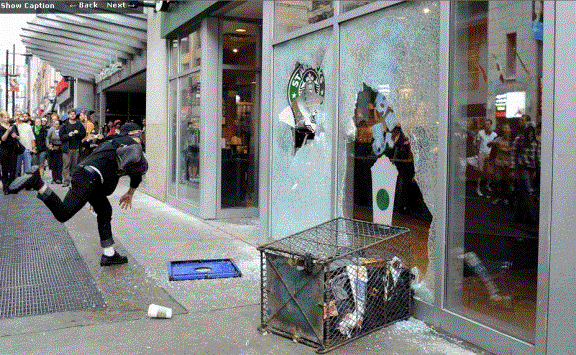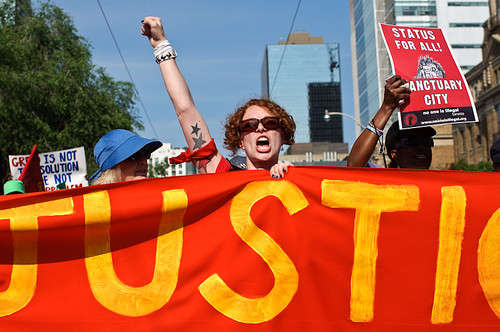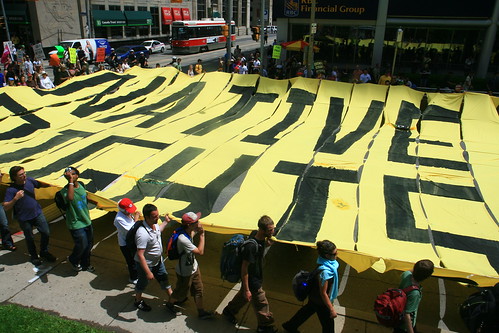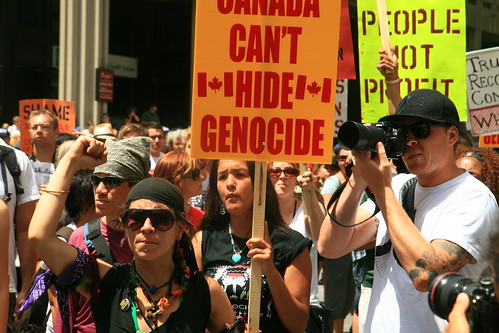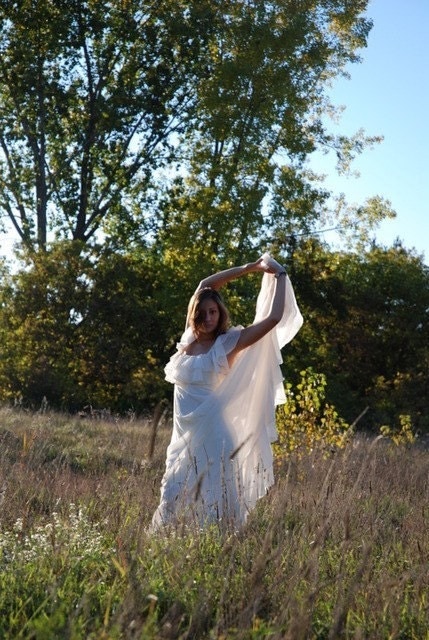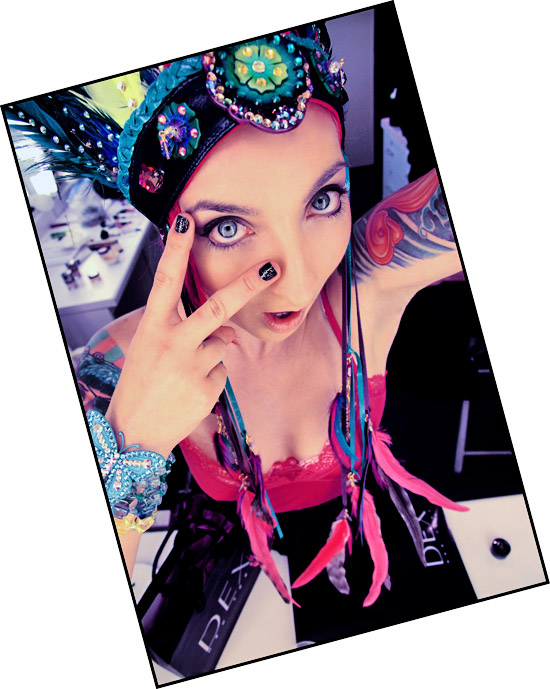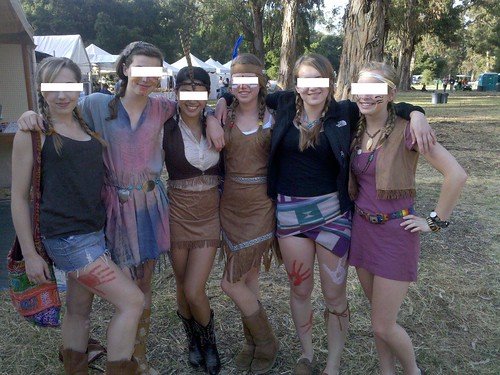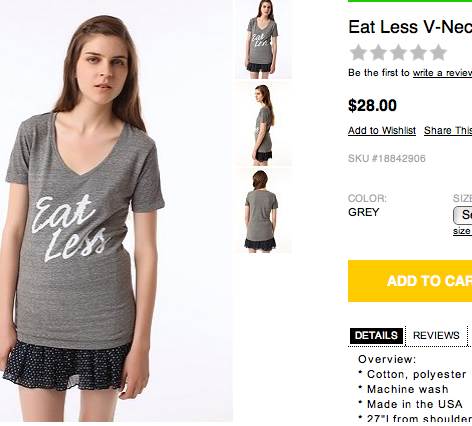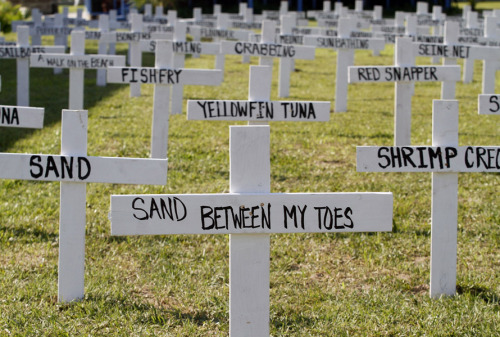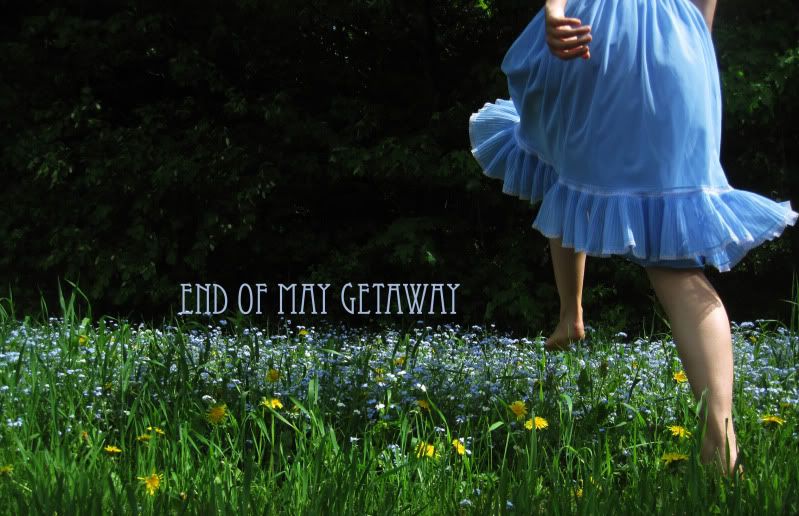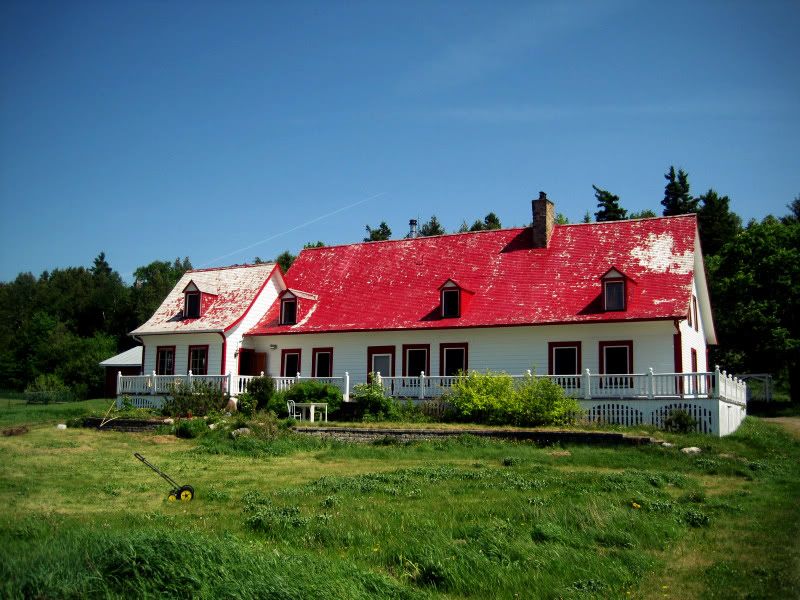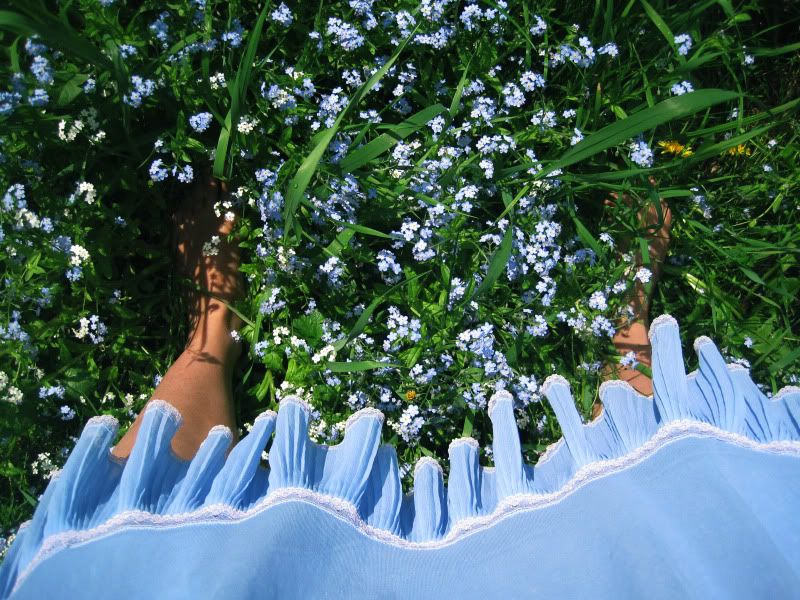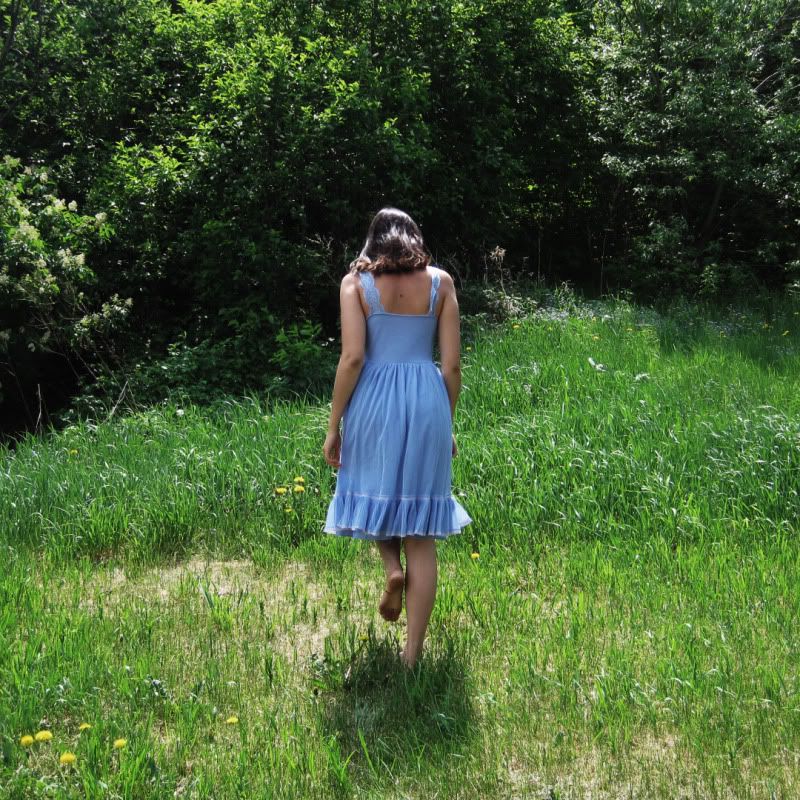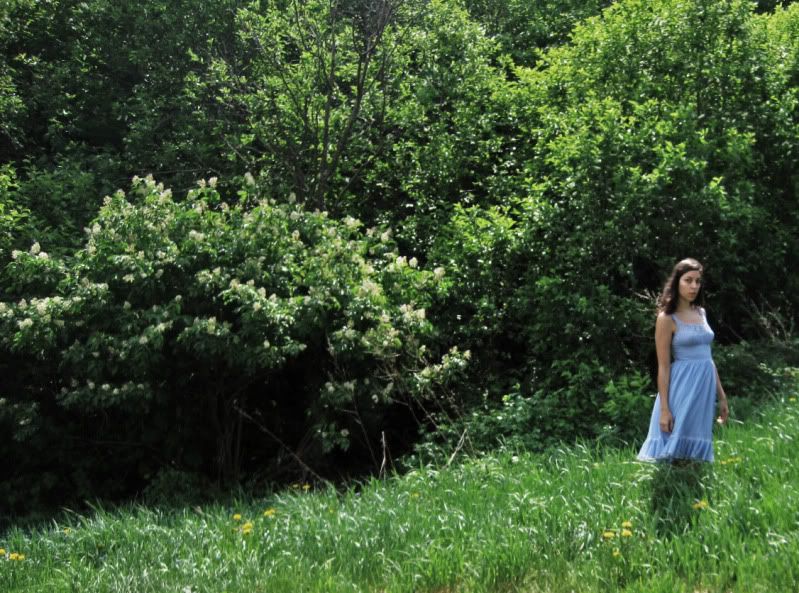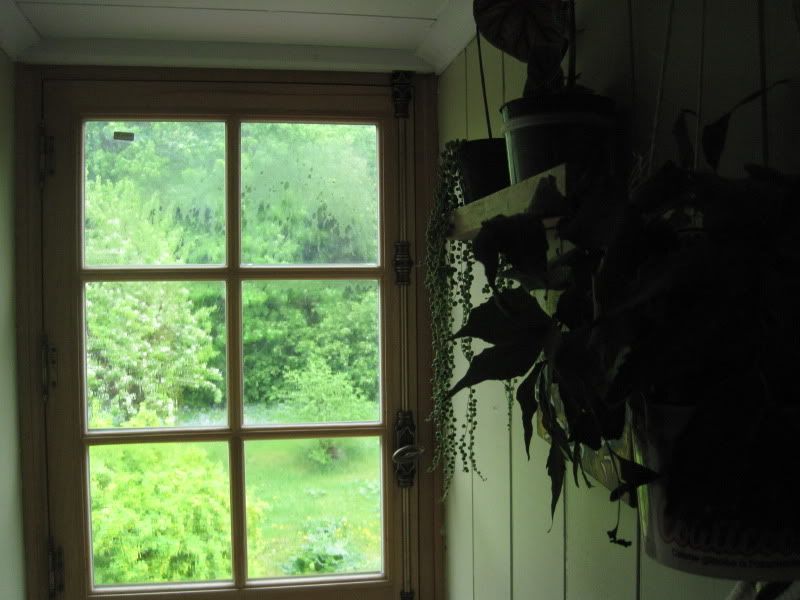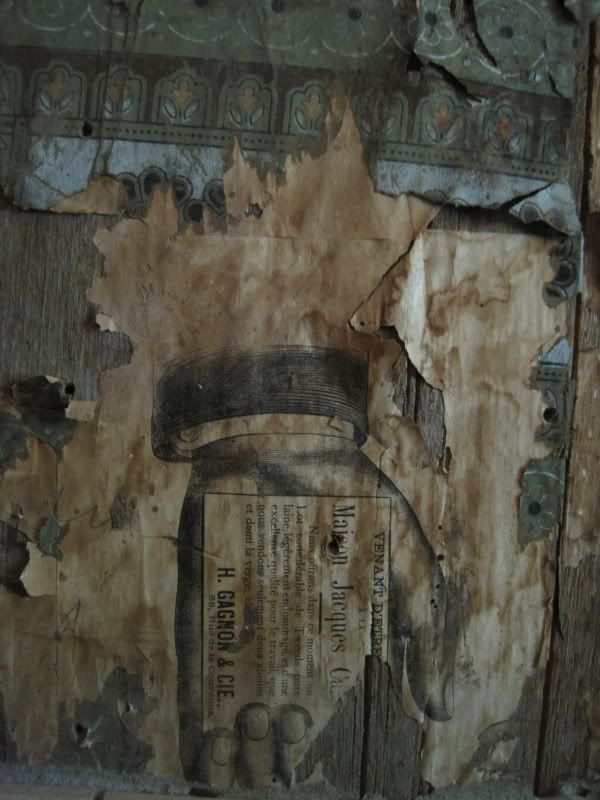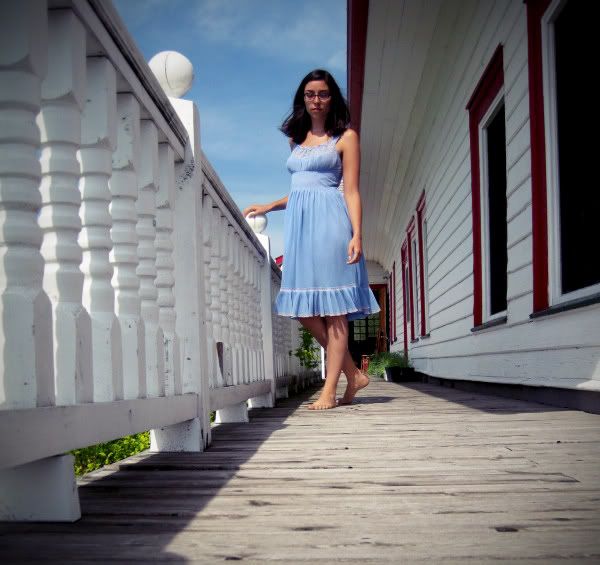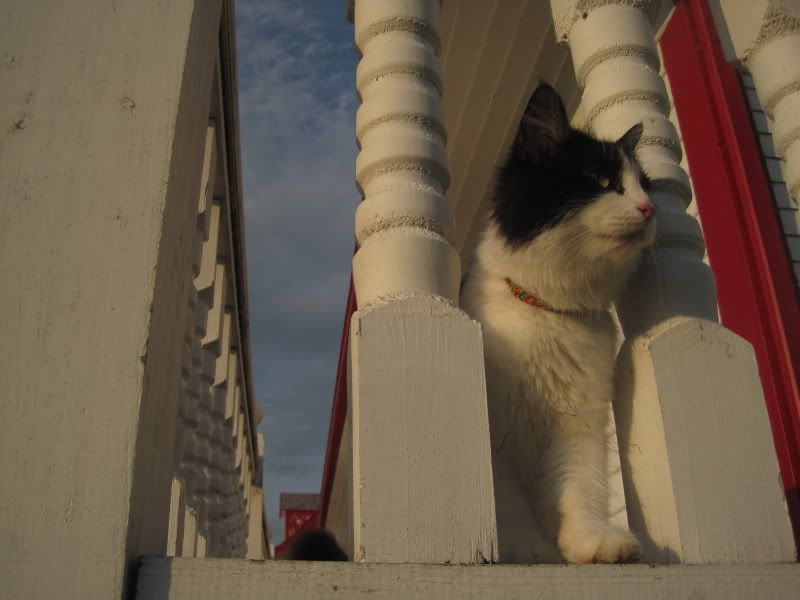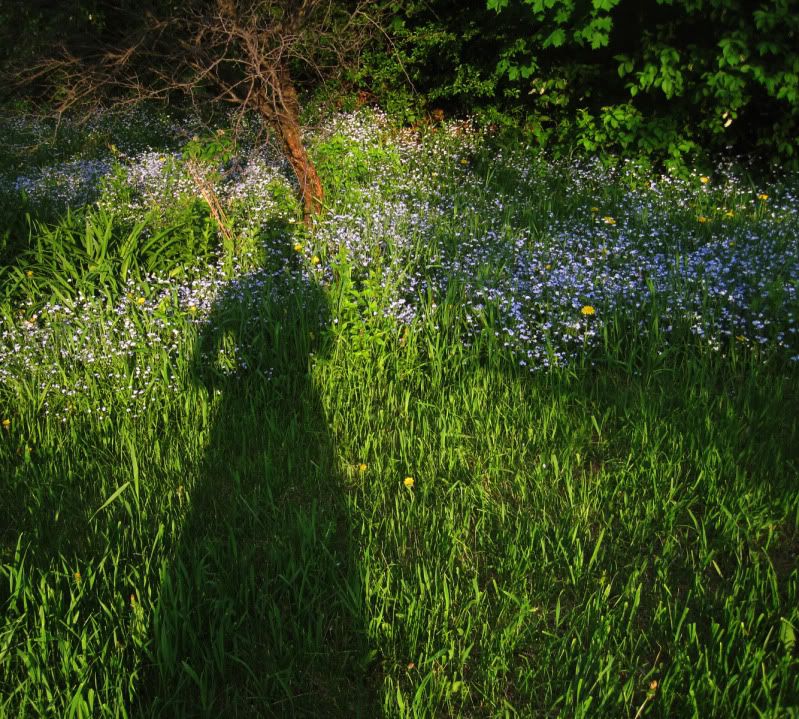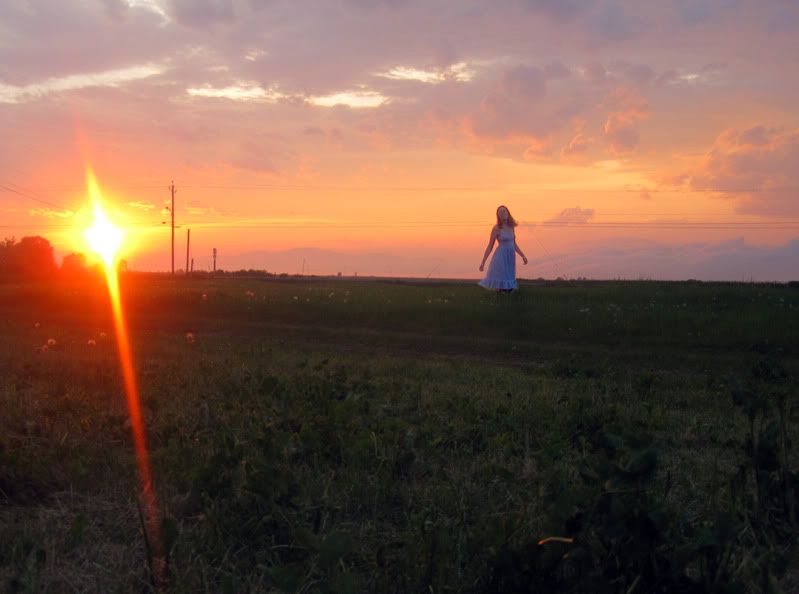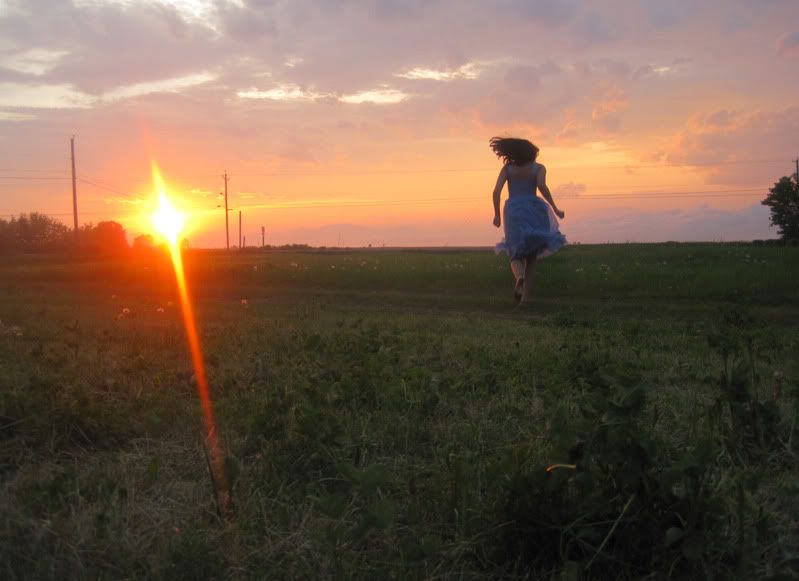- firstly, much of the clothing i focus on (bandanas, hankerchiefs, hoodies) and the colours (black and red) have very long and elaborate histories as well as numerous symbolic meanings in and outside of activist circles which i do not talk about here.
- secondly, i want to acknowledge that we could also address serious questions of how police officers not only target people based on what they are wearing, but also based on the colour of their skin. there are many reports that police explicitly targeted native women, young black men, and poc community organizers in their arrests and illegal detainments this weekend.
- finally, i want to acknowledge that many people directly affected by the issues G20 protesters were out in the streets to call attention to who decided against being out in the streets for their own physical and emotional well-being: immigrants, people on student visas, people of colour, trans people, people with disabilities, to name a few. these people are often disproportionately on the receiving end of police harassment, intimidation and violence in addition to being subjected to greater potential consequences (namely deportation, sexual violence, serious physical harm). i think it is important to note that while i do not go into detail about these issues in this article, we must acknowledge the important role these people play in our movement(s) and act in solidarity with them. thank you.

upon signing up for the bus, i had not explicitly planned on attending protests or actions (for many reasons which have, unfortunately, been reinforced after the absolute travesties of justice that have occurred in the last week), and decided to see how i felt once i was in toronto. after the bus ride, a lot of thinking, and many conversations, though, i felt like i needed to be in the streets. in the end, i participated in relatively minor ways over the course of the weekend. this involved things such as yelling out a few chants on saturday around 5 pm near queen's park in response to the obscene police presence, asking questions to fellow protesters, attending the bike bloc on sunday, staying up to date with the alternative media coverage and sharing as much information as possible online. the highlight of my weekend was saturday night, when my friend morgan and i went to colour me dragg: silence this!, originally organized to celebrate resistance to censorship at pride this year. the events that took place on saturday changed that. it showcased incredible talent, and was an amazing, creative, positive night in solidarity with all the members of the queer community who were attacked by police and who were being detained in the makeshift detention centre (more about that awesome event in another post for another day).
but...this is a fashion blog, you are thinking. why is julia talking about the G20 protests? what could this possibly have to do with clothing? because, like i always say, fashion is political. some other readers might be thinking that it is incredibly frivolous and altogether irrelevant to talk about things like "fashion" when over 900 people were arrested for voicing their opposition to the G8/G20 and all that it represents. these events, and the questions about what people were wearing on the streets of toronto this weekend, are intrisically connected. what i really want to talk about here is the emphasis on the sartorial choices made by protesters, "average citizens," members of the press and police officers during this weekend's rampant opposition to the G20 summit in toronto and how it actively held a part in leading to such massive violations of human rights.
surprisingly, there is much to be said here. let's begin with some of the more obvious questions:
- how does a protester dress? what does a protester "look like" and who decides what that is?
- practicalities: what a protester should wear when participating in peaceful protests and rallies to protect themselves from targeting, harassment, tear gas, pepper spray, etc.
- on the eve of the G20/G8 summits, with a $1.3 billion dollar security pricetag, what are police told to look for and who are they told to target to "ensure security" and "maintain the peace?"
- policing and legislation around what people are allowed to wear on the streets of toronto as the G20 approached
- massive confiscation of black clothing items: what are the assumptions being made about what black clothing means and represents?
- how do police present themselves? their very own "costumes" and performances.
- how to the police present themselves when acting as agent provocateurs and undercover/"plainclothes" officers?

"This easy-to-wash cotton/polyester ensemble will definitely be noticed by police. An optional bandana is made with polyester to protect from noxious fumes, but it also pampers the protestor with the luxury of satin." - from the Toronto Star
actually, they have been more than problematic, they are straight up nauseating. if you google "g20 fashion" - surprise surprise - we are once again exposed the sexism inherent in the institutions the G20 system upholds and represents. there are dozens of stories about what the G20 leader's WIVES wore on the "red carpet." was this a fucking hollywood premiere or was it a gathering of world leaders meeting to make important decisions that have a global impact?! you can even vote "hit" or "miss." yeah, judge the first ladies of the 20 wealthiest countries in the world based solely on what they wear. sounds right to me. at the very least at least they objectify female leaders like the President of Argentina and the Chancellor of Germany in addition to first ladies. and of course it gets worse.

sifting through all of this garbage, which is very clearly designed to distract people from the reasons WHY THE G20 IS HAPPENING IN THE FIRST PLACE and why 25,000 PEOPLE WERE OUT IN THE STREETS VOICING THEIR OPPOSITION, all i could do was laugh (well, that's a lie. all i could do was yell and gesticulate angrily and then put my head on morgan's shoulder and watch videos of maru) but then i started thinking about the ways in which "fashion" at the G20 was occurring in a very legislated and calculated way at the hands of police and the law.
in the article in which the photos of lawyers "in disguise" is taken from, many of the quotes illustrate just how pervasive the emphasis on how dangerous clothing can be.
...Mr. Wearing, who is counsel to the law firm Ormston List Frawley, will be dutifully adhering to the “Summit Planning Guide,” a one-page safety tip sheet being circulated by landlords in downtown Toronto.these statements perfectly illustrates the ideas propagated by the mainstream media that:“If you unexpectedly encounter demonstrators, you will be better treated if you are in jeans and a casual shirt than if you are in a business ‘power suit,” the guide advises.
“You’d be a fool if you were marching around looking like a suit,” Mr. Wearing said on Sunday, speaking through a BlackBerry he says he bought for safety ahead of the summit. “According to everything we read, those who are look like they are engaged in business are somehow the enemy.”
...“Now that we look like demonstrators, how do we convince the police not to pepper spray or tear-gas us?”
- "protester" might as well equal "violent terrorist"
- no protesters are lawyers, or any kind of respectable, powerful, suit-wearing folk
- aaaand last but definitely not least fucked up: that if you look like a protester, it's your own fault for getting tear-gassed or pepper sprayed. as mr. wearing ponders, how could you convince police not to pepper spray you simply based on your appearance? there is an inherent assumption that if one looks like a protester, one deserves violence and repression at the hands of the state. this statement inadvertently admits that there is explicit profiling going on on the part of police. this in and of itself is not enough: the police have aditionally been manipulating the media, the citizens of toronto, and protesters to try and excuse their rampant targetting, attempts at repression and brutality.
“You don’t challenge that type of event,” he said. “You use common sense and stay out of the way.”unsurprisingly, the article does not discuss any of the hundreds of reasons why people are "challenging this type of event" and why people are refusing to "stay out of the way." it is serving to explicitly propagate stereotypes not only of what a protester looks like, but that if you "look like that" it is your own fault for being targeted, potentially arrested, and brutalized by police. we see this sort of logic at work in rape culture as well, demanding to know what women were wearing when they were raped and engaging in victim-blaming.
what is important for us to address here is the policing of our bodies based on what clothing we choose to wear when out on the streets during a protest. for me, these negotiations are particularly complicated in addition to being, in my opinion, totally fucked up. i don't change how i dress when deciding to attend a protest from my regular dressing habits. this basically means that i take to the streets in dresses. while i never run the risk of, say, being mistaken for an undercover cop, i do run other risks. i am often forced to negotiate spaces based on my presentation and appearance. i know some other protesters might read me as a bystander if i am not actively engaged, such as leading a chant (which i often do since my voice is very loudy and because i find it really fucking empowering), holding a placard, or being part of the organizations who organize the rallies/protests. from a logistic perspective, it is often harder for me to approach other more "obvious" looking protesters to ask for information, such as where events are happening if they have changed at the last minute, information about arrests, organizations, etc. at times, i have to prove myself as "one of them."


photo by desiree krestchmar

student solidarity rally - in solidarity with trent's unions, oct 2007
photo by desiree krestchmar

national rally for choice, september 2008. photo by julia horel-o'brien
however, it is important to note that this appearance also affords me many privileges. i can often interact with police officers and get important information because i choose not to cover my face with a bandana, because i do not have a hairstyle which marks me as "alternative," because i don't have any facial piercings, and because i am a young "white"* woman. as long as i don't pump my fist in resistance, flaunt my black boots and show my hairy armpits (or otherwise mark myself as subversive) i can generally get away with a lot.

youth being held by police on yonge street on sunday, june 27th at around 3:30 pm. i tried to ask if they were okay, the man in this photo said no, police proceeded to yell at me, shove their hands in my face, obstruct my view of the dozen or so people being arrested, and refused to acknowledge any of my questions.
unfortunately, for the first time for me, this was not the case this weekend. sunday, i attended the bike bloc around the downtown in the early afternoon. afterwards, i visiting an alternative media coop. on my way back to my friend's place, i started asking questions/speaking to reporters wondering why a dozen or so activist-looking types were being cuffed and searched near yonge and gerrard. i was followed (for who knows how long, they refused to tell me) by three police officers in an unmarked civilian minivan while riding my bike down a quiet street. they yelled out their window at me, i stopped and was told i had broken several laws, they refused to clarify which laws other than not making a full stop at a stop sign on an empty street (except for me and said unmarked minivan which was following me), threatened with a $220 ticket, told repeatedly to shut up, that i was being aggressive, that i had no right to ask police officers questions, asked if i was a member of the black bloc or if i knew any, where i was from, what my job was, how long i was in toronto for, where i was staying, and so on and so forth.
i was generally made to feel incredibly intimidated, unsafe, and harassed for a good twenty minutes. as i walked away and they were no longer in sight, i burst into tears.
afterwards, i could not help but think that i had been "lucky." that i would have been treated differently if i had been wearing all black. if i had been wearing political buttons or badges on my clothing. if i had a bandanna around my neck. if they realized i was wearing red and black and that i do hold certain anarchist beliefs. if i were a person of colour. if i weren't informed about my rights. if one of those three cops did not sympathize with me. i could not help but think that i was lucky that i was not arbitrarily detained like many of the 900 other protesters over the weekend. lucky for not being detained or arrested for riding my bike down the street. how fucked up is that. i raise these questions because part of me wonders how much of what a protester looks like plays a part in them being harrassed by police, and how much of it is what actions they take?
every (seasoned) protestor has probably asked themselves these questions at one point or another. what should i be wearing so that i will not be a target for police questioning and other forms of aggression? why was i targeted? what should i be wearing so i can get away as easily as possible from the cops if they charge me, tear gas me, use their batons, shoot at me?
what makes me a target?
the most ironic thing about this is that the cops actively use these assumptions and stereotypes about what protesters look like when they act as agent provocateurs and undercover cops.
watch and enjoy:
so moving on to UNDERCOVER COPS. undercover cops actively reinforce these assumptions about what a "protester" looks like. wears black, bandanas, che guevara patches. is a man. this video actively shows that these reductive and simplified pre-conceived notions about what a protester looks like. they use these tactics to discredit protesters. as this video clearly illustrates, protesters are keen to these tactics and often spot these undercover cops and insist they leave. it is also interesting to note that many community activists, protesters and allies do similar things; wearing camouflage clothing or t-shirts emblazoned with the words "security" are a common sight in politicized community and is an interesting way of subverting and appropriating police clothing.
even two days after the g20 protests, there are serious questions being raised and reports about the number of undercover cops, agents provocateurs, and other manipulation tactics (why, with the exaggerated police presence on the streets, were two cop cars left unsupervised for such a long period of time?) used over the course of the preparations for the G20 Summit in toronto.
the criminalization and (literal!) policing of our appearances was completely overwhelming this weekend. i know i got away with a lot more this weekend (and by "got away with" i mean "escaped further harassment and intimidation for having participated in peaceful demonstrations because i am a pretty, dress-wearing, young, able bodied woman who doesn't fit their profile of what an activist looks like, save perhaps my black boots") because of my appearance. i wonder if any of the people who are still in the detention centre right now are wondering if they would still be in that detention centre if they had been wearing something else. i wouldn't be surprised.
to continue conversations about interactions with police, i briefly want to address my experiences with police officers in riot gear this weekend. as i mentioned earlier, on saturday afternoon at around 5 pm, after hearing about the police cars set on fire, my friend morgan and i hopped on our bikes to go see what was happening for ourselves. as we approached queen's park, the scene was terrifying; not because of smashed windows (i saw absolutely none) or flaming cars (there were none) but because of the sheer number of police officers. and not just police officers. riot cops. faceless, terrifying, robotic riot cops. i have been to more protests and rallies than i can count and i have never seen riot cops.
they absolutely terrified me.
i talked my feelings out to morgan to avoid panic; "they want us to be scared. i'm not doing anything wrong. they are supposed to intimidate me. i'm not scared. they are so fucking scared of us if they put this many cops on the street.
they know we have a reason to be angry. they know we have a reason, AND THE RIGHT, to be out in the streets, OUR streets. they know we are out here because we live in a world filled with injustice and that they play an enormous role in upholding the violent systems of oppression we are out here trying to challenge in any way we can."
these costumes and disguises worn by police are used to manipulate anyone who disagrees with the status quo into feeling unsafe if we are out in the streets, and helps those on the "good" side of police (in this case the G20 leaders, government officials, and citizens who have been sucked into the fear machine) to feel protected. in riot gear, police officers are completely stripped of any semblance of humanity. you cannot speak to them. you cannot look at them. you cannot interact with them. you cannot ask questions. all you are supposed to do is be afraid of them. the number of times we were in this crowd and thought we might be tear gassed (for standing there, peacefully protesting, and chanting a few slogans) was absurd and terrifying. after seeing some familiar faces, having some conversations, and calming down a bit, morgan and i decided to leave because the presence of police was simply too overwhelming.
so when the mainstream media is constantly misinforming people about these "thugs in black clothing reeking havoc on the city of toronto," i can't help but think about how much violence i saw go on entirely at the hands of thugs dressed in black clothing... emblazoned with the words "POLICE."
clearly, there is so much to be said about these questions and i could go on forever, but i think i will conclude with this: it is ESSENTIAL not to lose sight of what triggered these questions in the first place: why were people out in the streets of toronto this weekend in the first place? what were the images the mainstream media showed us of what a protester looks like and wears? how do police use our physical appearances in an attempt to repress our voices and to manipulate fear in the public eye? and more generally, what does our clothing say about our beliefs? what clothing marks us as politicized, subversive, as challenging authority?
i felt safe and proud in the crowd of people on bicycles, reclaiming our streets. i felt inspired when hearing speeches by community leaders. i felt empowered reading the wonderful materials the alternative media has been putting out around. i felt safest in the crowds surrounded by people who the mainstream media is presenting as "violent thugs" and "rioters." there is something powerful about looking around in a crowd and seeing thousands of people who were all told to be afraid, to not be out in the streets, but were still there. 25,000 strong. we were still there and we are still here and we will keep fighting as long as we have to.
for more political updates and links, please see the past few posts i've been sharing on tumblr. i suggest reading why people are out in the streets (and why you should be too) as well as my link sharing alternative media coverage of the g20 resistance.
*i say "white" because i still have many questions about my racial identity as a french canadian/acadian/abénaki person. i am often read as white, but i know the longer my hair is and the darker my skin is in the summer months i am often mistaken for latino, native or mixed.
(SHITTY) LINKS:
Lawyers trade suits for hiking boots during G20 by Drew Halfnight
G20 fashions for the militant and fabulous by Katie Daubs
Toronto Star offers G20 fashion guide, demonstrates its discomfort with irony The Informer
Toronto G20 Fashions by torontostreetfashion.com
G20 fashions in Toronto, wrap-up of summit by Newsbird's Views
Power Dressing at the G20 - the Globe & Mail
(GOOD) LINKS:
Knowledge is Power Comic - Peterborough Community Mobilization Network
Toronto Community Mobilization Network
- G20 Police Given Extra Powers
G20 Alt Media Centre
Toronto Media Coop
Movement Defence Committee
Rabble.ca
- What big media ignored: 25,000 peacefully demonstrate against G20 policies in Toronto
May Toronto's G20 be the last - The Guardian
Photos of the G20 protests by Holly Norris
Videos of the G20 protests and police brutality at yg20.info
Policing the National Body: sex, race and criminalization edited by Jael Silliman and Anannya Bhattacharjee
UNDERCOVER COP VIDEOS/LINKS
search "undercover cops g20 toronto" on youtube or vimeo
The Toronto G20 Riot Fraud: Undercover Police engaged in Purposeful Provocation
G20 Toronto Protest plainclothes cops arresting a dude / scary cop lady
G20 Toronto Black Bloc FAIL: (are they cops, paid by cops, aka provocateurs)
G20 Police used imaginary law to jail harrass demonstrators and jailed protestors in dangerous and abusive "detention centre" - Boing Boing.net
Why didn't the police stop the Black Bloc?

